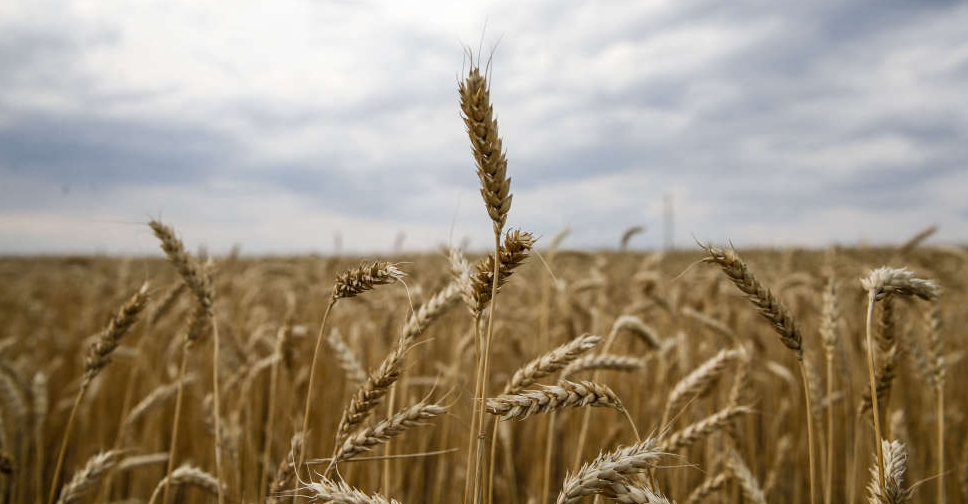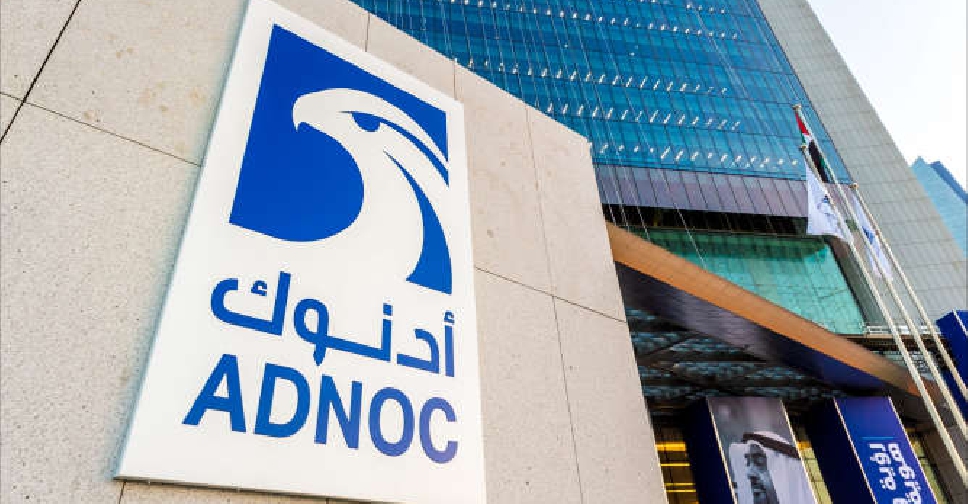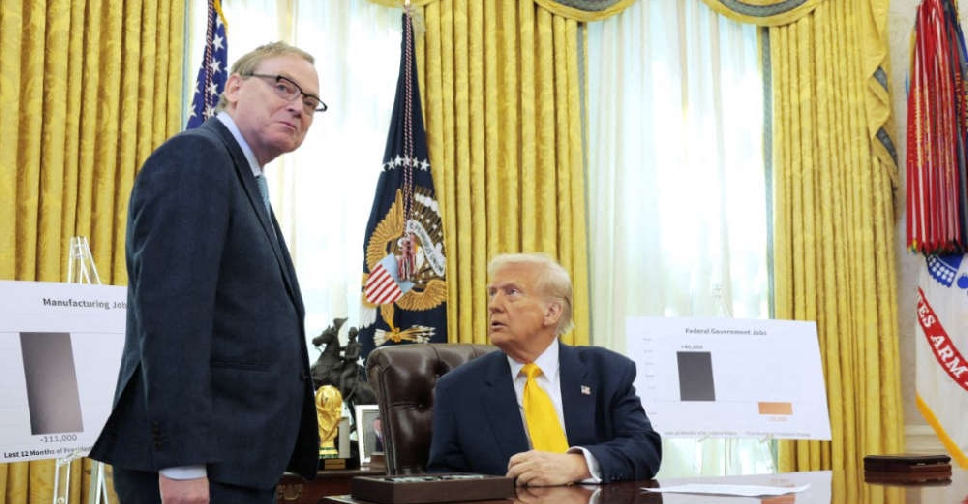
The benchmark index of international food commodity prices declined for the 12th consecutive month in March, driven by drops in world quotations for cereals and vegetable oils, the Food and Agriculture Organisation of the United Nations (FAO) reported.
The FAO Food Price Index, which tracks monthly changes in the international prices of commonly-traded food commodities, averaged 126.9 points in March 2023, down 2.1 per cent from the previous month and 20.5 per cent below its peak level of March 2022. A mix of ample supplies, subdued import demand and the extension of the Black Sea Grain Initiative contributed to the drop.
The FAO Cereal Price Index declined 5.6 per cent from February, with international wheat prices falling by 7.1 per cent, pushed down by strong output in Australia, improved crop conditions in the European Union, high supplies from the Russian Federation and ongoing exports from Ukraine from its Black Sea ports.
World maize prices fell by 4.6 per cent, due partly to expectations of a record harvest in Brazil, while those of rice eased by 3.2 per cent amid ongoing or imminent harvests in major exporting countries, including India, Vietnam and Thailand.
The FAO Vegetable Oil Price Index averaged 3 per cent lower than the previous month and 47.7 per cent below its March 2022 level, as ample world supplies and subdued global import demand pushed down soy, rapeseed and sunflower oil quotations. That more than offset higher palm oil prices, which rose due to lower output levels in South-east Asia due to floodings and temporary export restrictions imposed by Indonesia.
The FAO Dairy Price Index declined 0.8 per cent in March. Butter prices increased due to solid import demand, while those of cheese dipped due to slower purchases by most leading importers in Asia as well as increased availabilities in leading exporters.
By contrast, the FAO Sugar Price Index rose by 1.5 per cent from February to its highest level since October 2016, reflecting concerns over declining production prospects in India, Thailand and China. The positive outlook for the sugarcane crops about to be harvested in Brazil limited the upward pressure on prices, as did the decline in international crude oil prices, which reduced demand for ethanol.
The FAO Meat Price Index rose slightly, by 0.5 per cent. International bovine meat quotations rose, influenced by rising internal prices in the United States of America on expectations of lower supplies moving forward.
Despite avian influenza outbreaks in several large exporting countries, world poultry meat prices fell for the ninth consecutive month on subdued global import demand.
Benchmark for world food commodity prices fall in March for twelfth consecutive month in a row#WamNews https://t.co/93CdbbWhjk
— WAM English (@WAMNEWS_ENG) April 8, 2023



 Meraas awards over AED 2 billion construction contract for Design Quarter
Meraas awards over AED 2 billion construction contract for Design Quarter
 Dubai announces new sports and entertainment Free Zone
Dubai announces new sports and entertainment Free Zone
 ADNOC, AIQ sign $340M deal to deploy AI across upstream operations
ADNOC, AIQ sign $340M deal to deploy AI across upstream operations
 White House plays down recession talk as US stocks plunge
White House plays down recession talk as US stocks plunge
 Al Etihad Payments and Visa announce co-badging partnership
Al Etihad Payments and Visa announce co-badging partnership



